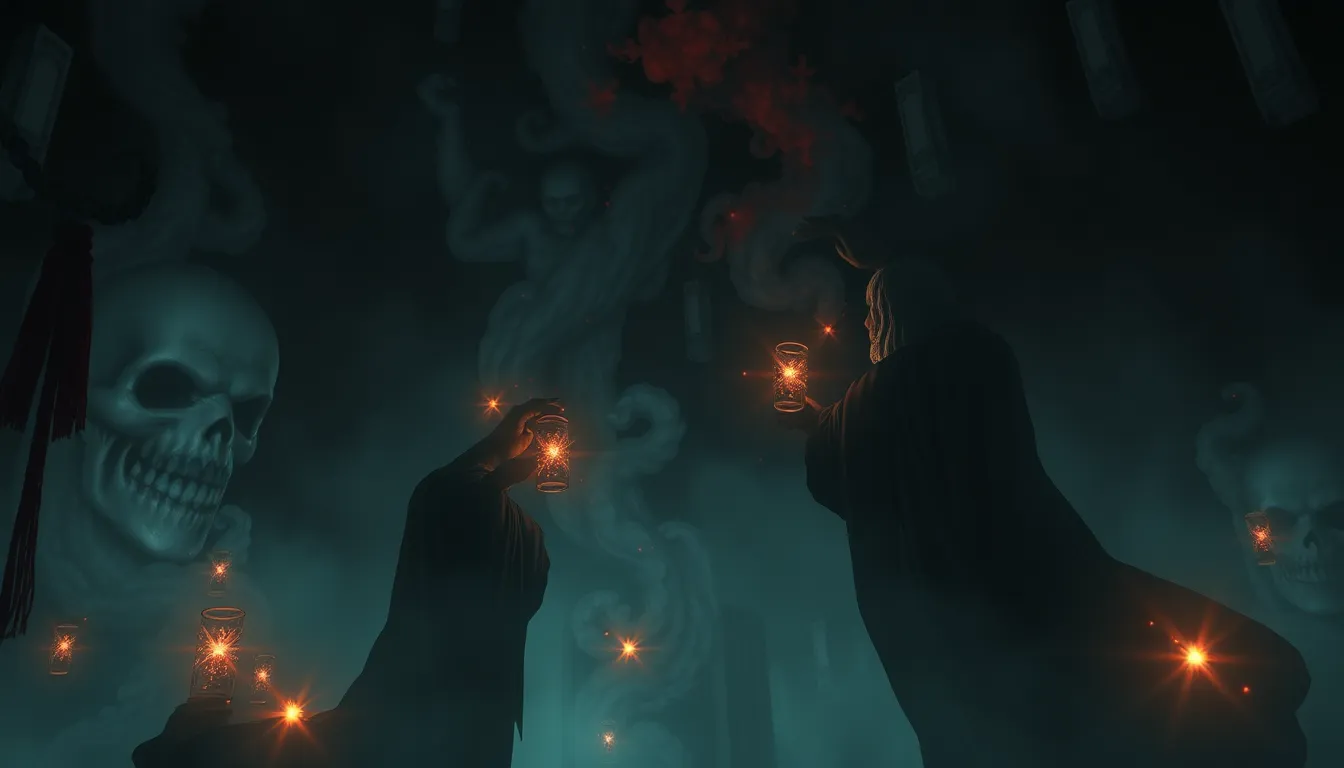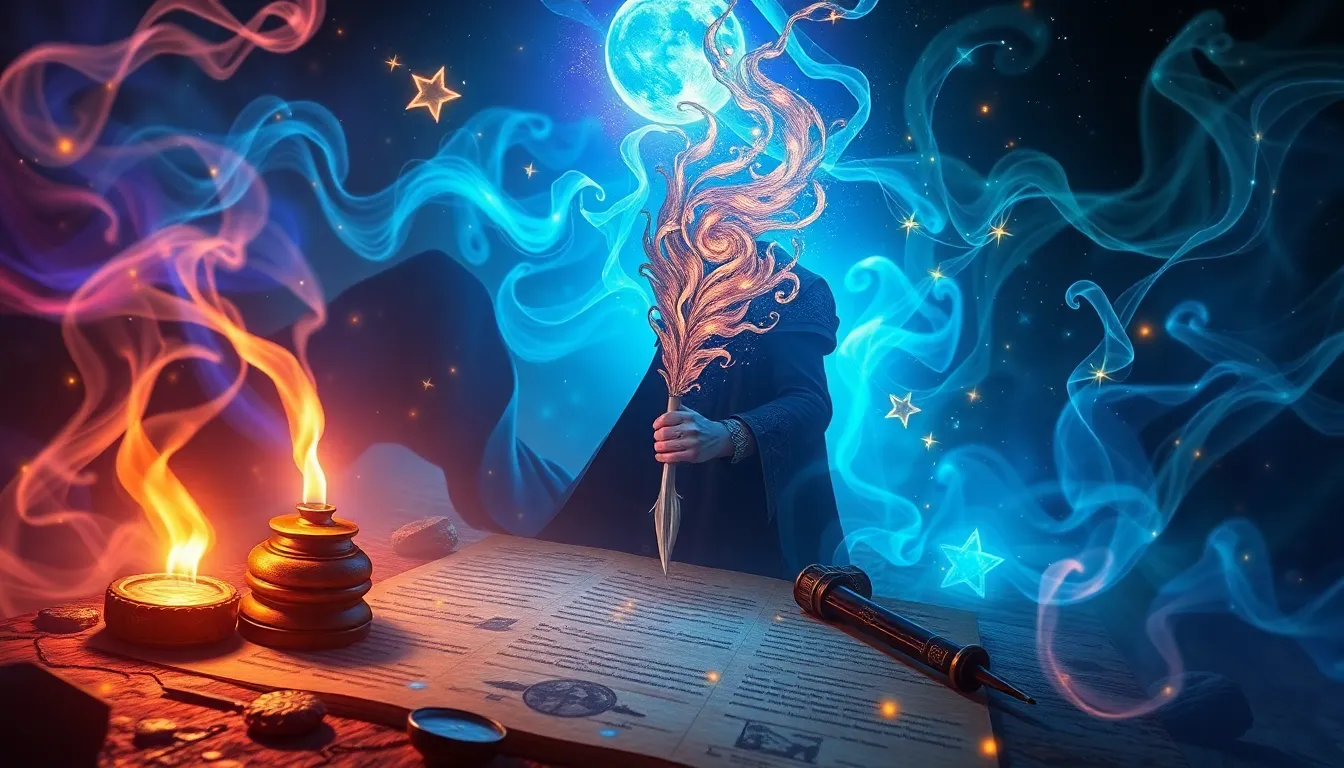The Role of Ancestors and Heritage in Norse Mythology
In Norse mythology, the concept of ancestors and heritage holds significant importance, shaping the beliefs, traditions, and values of the ancient Norse people. Let’s delve into how ancestry and heritage interweave with the rich tapestry of Norse myths and legends.
1. Ancestral Lineage in Norse Culture
Norse mythology celebrates the idea of a continuous connection between past, present, and future generations. Ancestors were revered and their deeds celebrated. Lineage and ancestry played a crucial role in defining an individual’s identity and honor within the community. As such, familial ties and heritage were deeply ingrained in Norse society.
2. Ancestor Worship and Spiritual Beliefs
For the Norse people, honoring their ancestors was not just a social custom but a spiritual practice as well. Ancestor worship was a common aspect of Norse religious rites. It was believed that the spirits of ancestors retained an active interest in the affairs of the living and could offer protection, guidance, and blessings to their descendants.
3. Influence of Ancestors in Norse Mythology
In Norse mythology, gods and heroes often traced their lineage back to prominent ancestors, establishing a continuation of heroic deeds and virtues across generations. Stories like the Æsir’s lineage from Ymir, the primeval giant, and the tales of the legendary hero Sigurd who inherited his father’s legacy exemplify the pervasive influence of ancestry in Norse myths.
4. Heritage as a Source of Wisdom and Strength
Heritage in Norse mythology was not merely about lineage but also about carrying forward ancestral wisdom, courage, and resilience. The tales of Odin sacrificing himself to gain knowledge, or the valor of the warriors in Valhalla, highlight how heritage was seen as a source of strength that transcended individual existence.
Frequently Asked Questions about Ancestors and Heritage in Norse Mythology
What significance do ancestors hold in Norse mythology?
Ancestors play a crucial role in Norse mythology as they are believed to have a direct influence on the lives of their descendants. Ancestors are revered and honored through rituals, ceremonies, and offerings to seek their guidance and protection.
How does heritage shape the beliefs and practices in Norse mythology?
Heritage in Norse mythology is deeply intertwined with beliefs and practices. The lineage, traditions, and values passed down from ancestors shape the way individuals connect with the gods, nature, and the spiritual realm. Heritage serves as a foundation for Norse mythological beliefs and rituals.
Do ancestors continue to play a role in the lives of individuals in Norse mythology today?
Yes, the influence of ancestors is still significant in modern interpretations of Norse mythology. Many people honor their ancestors through rituals, storytelling, and maintaining traditional practices to keep their heritage alive and maintain a connection with their roots.



